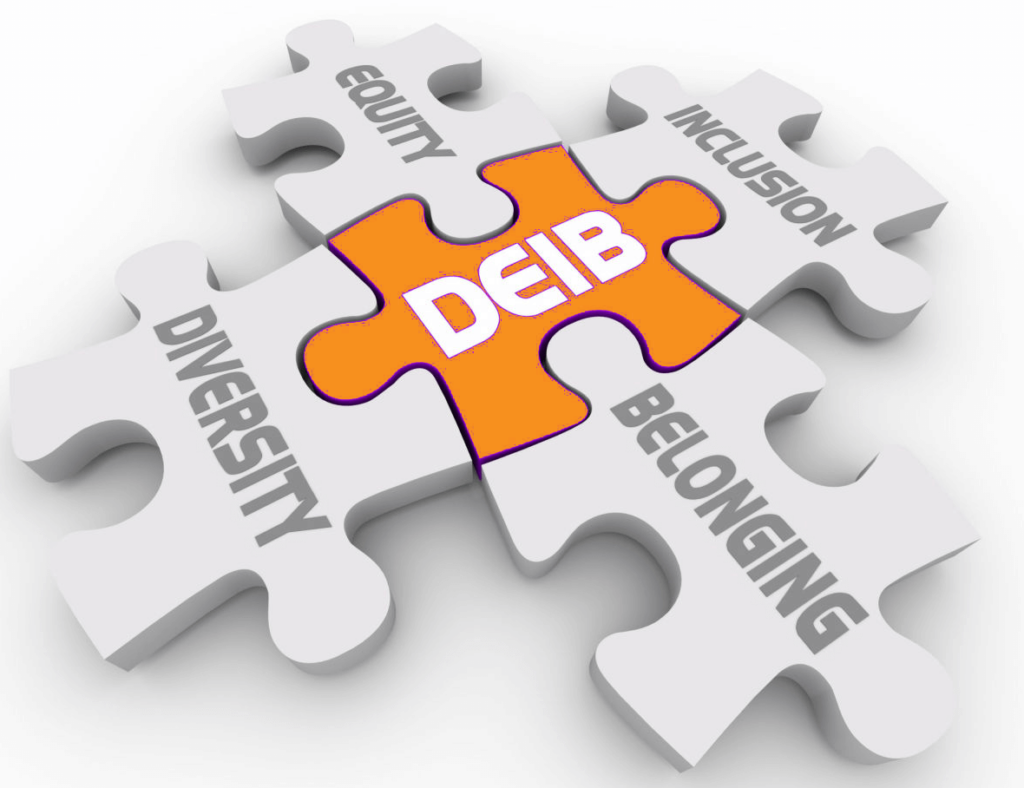Define your Inclusivity Goals
Begin by setting clear objectives for your event that focus on inclusivity. Ask yourself how can we ensure that everyone feels welcome and represented? What barriers might exist for different groups? Defining these goals will guide your decision-making throughout the event planning process.
A great first step in this process is involving your people. This can include employee resource groups or simply assembling a diverse team to support developing your inclusivity goals and how they incorporate into your experiential goals. Survey data is a big component of this as well, including strategically developing survey questions that address diversity and inclusion, and how that affects your event design.
Prioritize Accessibility
Your inclusivity goals should directly inform how you go about sourcing a venue. The diversity of your organization will support what your needs are and how to prioritize them. Obvious accessibility areas such as wheelchair accessibility, ramps, elevators are important if needed, but consider gender-neutral restrooms, what other groups might also be in-house that conflict with your values, and overall space availability if you need to offer areas for your different groups.
Include Inclusive Content
Sounds simple, but small details matter. Develop inclusive communication strategies for promoting your event, and throughout the event’s branding and collateral. Use diverse imagery and representation in event materials such as invitations, websites, and social media posts that are truly representative of your brand and your people. Likewise, incorporate alternative text for images and provide closed captioning or sign language interpretation for videos and presentations if necessary.
This also includes speakers and panelists who represent different perspectives and experiences. Encourage them to address topics related to diversity, equity and inclusion. Consider incorporating interactive activities that promote dialogue and engagement among attendees.
Create Networking Opportunities for Everyone
Not everyone is a social butterfly looking to make new connections. Taking into account how people want to interact with others is a big component of creating an inclusive space that promotes belonging. Provide designated networking areas where individuals can connect with others, ensuring that everyone feels comfortable and included. Offer icebreaker activities or discussion prompts to encourage meaningful conversations among attendees. If introverted people who are uncomfortable with social settings, or attendees have sensory sensitivities, offer ways for them to connect that don’t include loud, forced environments.
Go Beyond Gluten-Free
Cater to diverse dietary requirements and preferences by offering a wide range of food options. Accommodate vegetarian, vegan, gluten-free, and other dietary restrictions. Clearly label food items to ensure attendees can make informed choices.
This also includes non-alcoholic options at cocktail and meal functions. Many folks are happy to stick with a water or soda, but investing in a wider variety of non-alcoholic options such infused or flavored waters, mocktails, NA beer and wine, and juice or smoothie bars make that group feel seen and that much more welcomed.
Download Our eBook: 8 Fundamentals of an Internal Communications Strategy
If your people are sending out the “whatever” vibes, it’s time to get back to the basics. Make sure your internal communication strategy is following 8 fundamentals to cultivate an engaged workforce aligned with your company’s success.
Continually Optimize with Attendee Feedback
We live in a continually changing world. Same is said for your attendees. Continually seek their feedback and input to optimize your events to cater to their needs that are reflective of your brand and your values. Inclusive events promote diversity, foster belonging and provide a platform for meaningful connections. They also are critical to attracting the right audience, retaining employees, strengthening your culture, and a crucial step towards creating a more equitable and welcoming environment.





